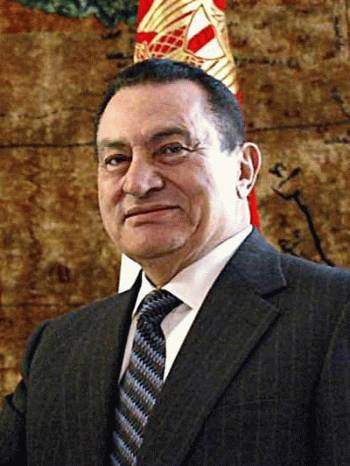Bassem Youssef was the Jon Stewart of Egypt, a whip smart comedian who skewered authority and promoted the tenets of democracy in a country accustomed to authoritarian rule by despots. From 2011 to 2013, he hosted The Show, closely modelled after Stewart’s The Daily Show. A former heart surgeon, he was immensely successful, his nightly program attracting 30 million viewers, compared to Stewart’s two million.
Inevitably, his biting brand of satire angered the Egyptian government, and Youssef was forced off the air, a victim of autocracy.
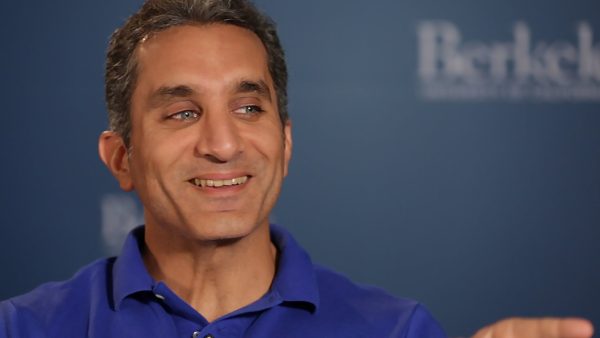
Sara Taksler’s absorbing documentary, Tickling Giants, charts Youssef’s rise and fall. It will be screened on April 1 at the Human Rights Watch Film Festival, which is presented by the Toronto International Film Festival. A showcase for eight documentaries, it will run from March 29 until April 6.
Now 43, Youssef segued into entertainment to fulfill a dream to host his own comedy program. But there was one immense problem. “I live in Egypt,” he says. Since time immemorial, Egypt usually has been governed by dictatorial regimes which brooked little or no dissent. Although Youssef understood this instinctively, he nevertheless reinvented himself as a comedian. Youssef’s transition coincided with the eruption of political chaos and uncertainty in Egypt.
As the Arab Spring unfolded in late 2010 and early 2011, tens of thousands of Egyptians streamed toward Tahrir Square in Cairo to demand the resignation of Egypt’s longtime president, Hosni Mubarak. Within 18 days, he capitulated, succeeded by an opaque military council.
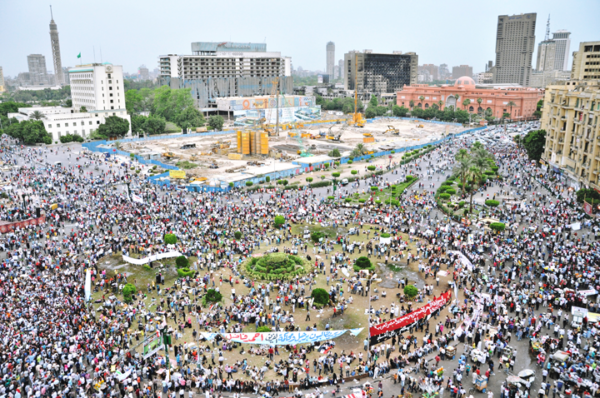
Youssef’s first show, produced in his laundry room for a piddling sum, appeared on the internet and caught fire, attracting the attention of tens of thousands of Egyptians. Fans appreciated his sardonic sense of humour and his courage in poking fun at authority figures. Impressed by his ratings, a major television network offered him his own show.
As the film proceeds, Youssef appears on The Daily Show. Off camera, he presents his idol with a decorative plate adorned with an idealized image of Stewart. In repayment, Stewart hands him a puny bag of potato chips.
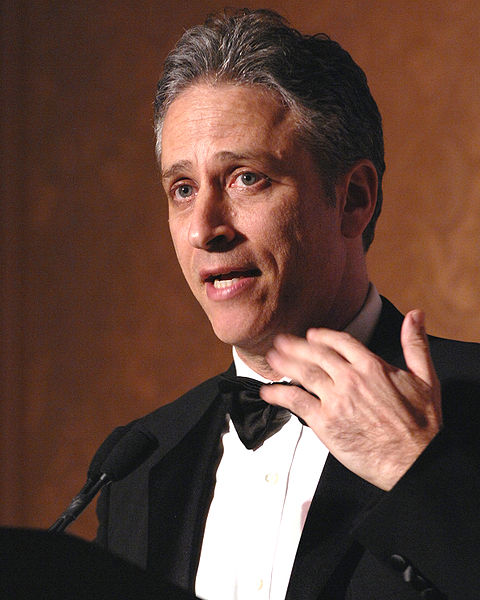
Meanwhile, Egypt’s first democratically election in 2012 catapulted Mohammed Morsi, a senior official of the Muslim Brotherhood, to the presidency. He promised the people freedom. Youssef, caught up in this festive mood, assumed that Egypt had finally embarked on a new path. During this falsely optimistic period, Stewart flew to Egypt and, much to the delight of its live audience, showed up on The Show, the only one of its kind in the Arab world.
It was a short-lived reprieve from dictatorship. Morsi’s Islamist regime issued a warrant for Youssef’s arrest, having accused him of mocking the president and insulting Islam. Youssef turned himself in to the authorities, but the Supreme Court absolved him of all charges.
Morsi, having abused his presidential powers, was deposed in a coup in the summer of 2013. Its mastermind, General Abdel Fattah el-Sisi, was the minister of defence. Ironically, he had been appointed by Morsi. Protesters aligned with the Muslim Brotherhood took to the streets in Cairo. Security forces shot and killed about 800 of the protesters in an unprecedented massacre. So much for freedom of assembly.
Sisi refused to admit his seizure of power had been a “coup,” but Youssef had no compunctions to call a spade a spade. Very soon, state media attacked Youssef, while demonstrators vilified him. It now dawned on Youssef that Sisi would not tolerate legitimate criticism and that Egypt had returned to its old authoritarian ways. “To Sisi, freedom of expression is nothing but an obstacle,” he says.
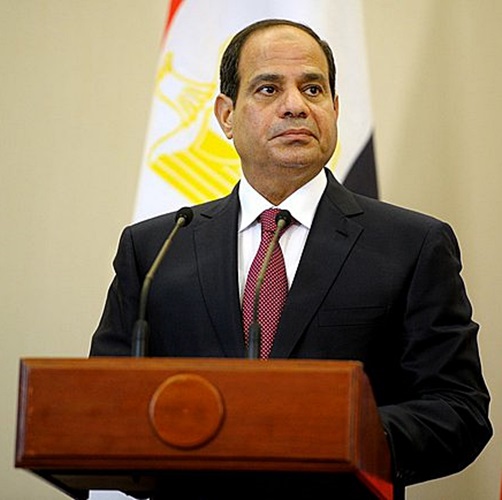
As Sisi resurrected the autocratic model that supposedly had been swept way with Mubarak’s ouster, Youssef grew despondent. He felt he was being watched and was overcome by panic and fear.
In rapid succession, the families of his employees were harassed and his TV network informed him The Show would be cancelled unless he stopped criticizing the government. Youssef held his ground, refusing to become Sisi’s “mouthpiece” and maintaining that governments must be held accountable.
At that point, in a dizzying turn of events, a rival TV network offered to host The Show, the government arrested yet more journalists on trumped-up charges, and Sisi declared his intention to leave the army and run for the presidency.
Youssef rebooted The Show, but the situation went from bad to worse as Sisi continued to crack down on civil liberties. Youssef was now worried that his family — his wife, baby girl, brother and father — would be targeted by the regime. And he began wondering whether he should continue his broadcasts in the face of such adversity. Youssef, too, was unable to sleep or eat.
And in the crowning touches, his former employer sued him and The Show was yanked.
With Sisi having won the election by a huge and obviously suspicious margin (96%), Youssef could only conclude that the status quo ante now prevailed in Egypt. “Nothing has changed,” he laments in a moment of utter gloom. Members of Youssef’s staff, consisting of young and progressive individuals, are heartbroken as well.
Sisi, interviewed by Charlie Rose, nonchalantly claims he had “nothing to do” with Youssef’s dismissal. Crushed by the invisible forces of the state, Youssef and his family leave Egypt, certain they cannot return for the foreseeable future.
Lamentably, Egypt is back to where it was on the eve of the 2011 demonstrations that doomed Mubarak. Sisi pays lip service to this historic uprising, but in practice he has recreated the repressive apparatus that Mubarak established. Tickling Giants makes that crystal clear.
A postscript: On March 24, Mubarak was released from the Cairo hospital where he had been held and allowed to go home to his family. It’s abundantly clear that the Arab Spring has degenerated into the Arab Winter — not only in Egypt but in the rest of the Arab world as well.
